Churches together from wartime to the Millennium
The ecumenical movement of the 20th century is reflected in records of two Windsor religious organisations, 1941-2019 (D/EX2842). Windsor Council of Christian Congregations was formed by representatives of the Anglican, Baptist, Congregational and Methodist Churches of Windsor and Clewer in May 1942, and its aim was to lead Christian public opinion on social, moral and spiritual subjects locally. Membership was open to any denomination adhering to the Apostles' Creed; as a result, Christian Scientist and Spiritualist congregations in the town were denied membership. Minutes of May and July 1942 refer to the sending of food to the starving peoples of the occupied countries of Europe, particularly Greece. Minutes of November 1942 include a resolution (not to be made public) that the Council considered any policy of reprisals against prisoners of war to be 'definitely anti-Christian'. Other interests included the protection of Sundays. Sadly, a rather unecumenical row over who was to be Chairman led to the suspension of the council in November 1943.
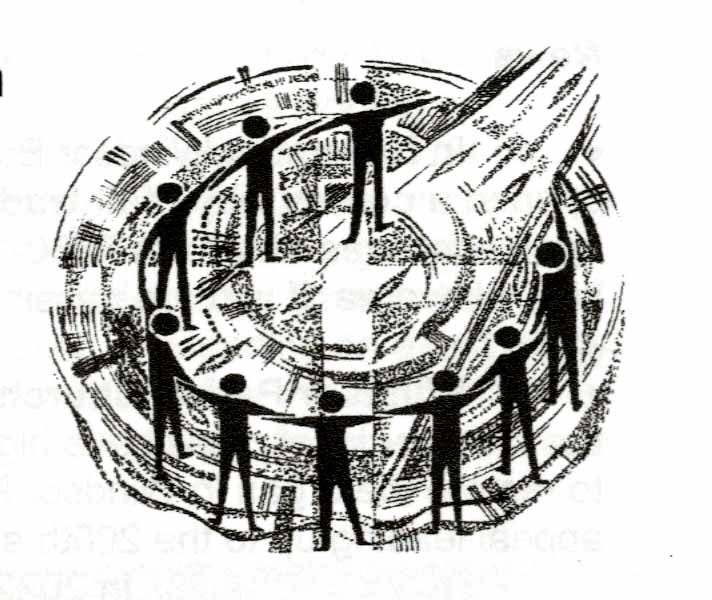
30 years later the minute book was re-used when the Windsor Christian Council was formed in 1975. This was an informal ecumenical organisation of the town’s clergy and laity from all denominations, and was renamed Churches Together in Windsor in 1991. One of their most high profile events was an open air service to celebrate the Millennium, held on Pentecost Sunday, 11 June 2000, in Windsor town centre, followed by a mass picnic in the Long Walk, Windsor Great Park. In 2002 formal meetings of delegates from the churches were replaced by a ‘Core Group’ of a few active Christians who ran the major ecumenical events in the town, and also contributed to work with the homeless and Windsor Street Angels.
Our holdings of Caversham Bridge ecumenical newspaper, produced by the Anglican, Roman Catholic and Free Churches of Caversham and Mapledurham, now go up to August 2021, with issues from later in 2021 and 2022-2023 available digitally by prior arrangement (D/EX1758).
Mission at home
Missions are often thought of as something which happens overseas, but evangelical churches in particular, often carry them out in this country. We have recently acquired photographs of Oswaldkirk Open Air Mission team members with some members of Bracknell Pentecostal Assembly, and other missionaries supported by the latter church, 1949-1970 (D/N62).
Rebuilding after fire
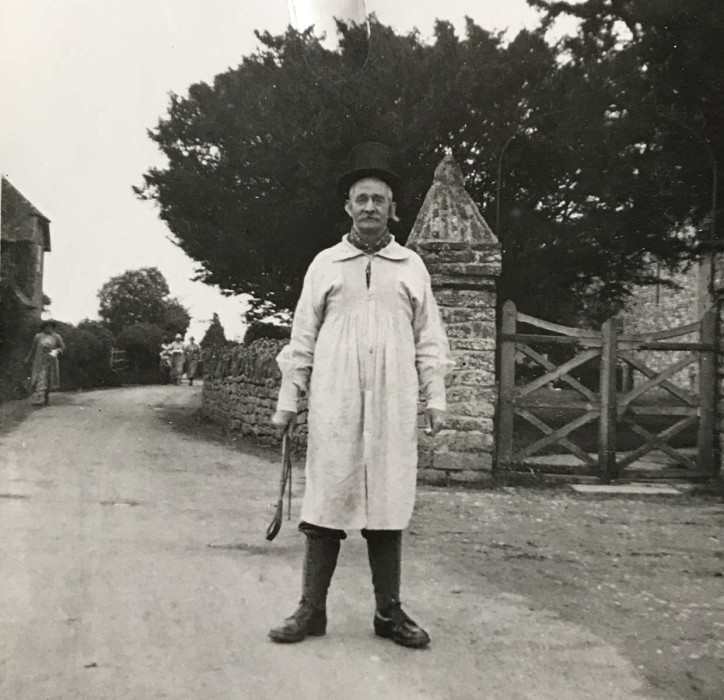
Bertrand Fletcher (1862-1961) was the proprietor of Messrs Bartholomew & Fletcher, a London furniture retailer. He retired to Upton in 1929 and built his own home, Littlecote, and modernised some of the older houses in the village. After a devastating fire hit the village in 1933 he took on the job of rebuilding a number of houses which had been destroyed, as shown in his recently deposited papers (D/EX2960).
An unfaithful husband
Correspondence and papers of Sara Popham Hawkes (née Hosford) (1858-1934) and her daughter Isma Hartland Mahon (1886-1972), 1920-1936, is notable for the evidence it provides of women’s lives in the interwar period (D/EX1651). Originally from Ireland, the women lived together at Embrook House in Wokingham. Many of the papers relate to the difficult process of Isma’s separation from her husband Charles Hartland Mahon, the Irish-born owner of a motor engineering company in Petersfield, Hampshire. Letters from neighbours and family members appear to have been kept for use by Isma’s lawyers as evidence of Charles’ affair with a young neighbour, Adela (‘Bobby’) Branfill (1894-1970), and his cruelty to his wife.
Tea and bicycles: some Berkshire families
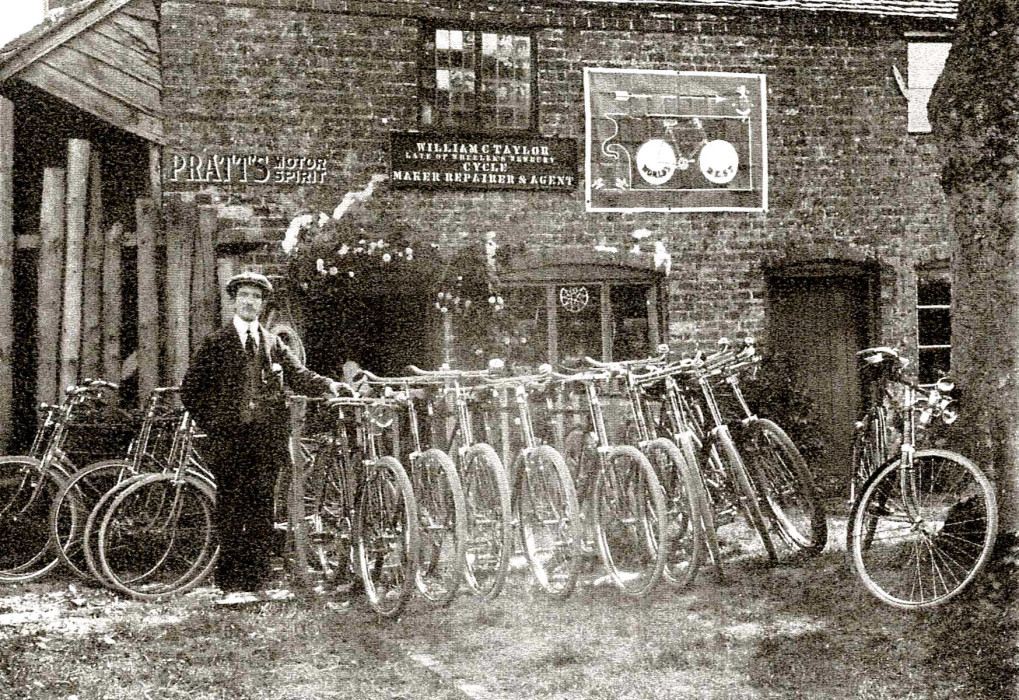
We have been given a small collection of records relating to a house called Delmore, Church Lane, Leckhampstead, 1898-2008 (D/EX2745). In the early 1900s the owner, William Taylor, ran a bicycle business from the property, and later a small business known as Taylor’s Teas was run from the house. The collection includes a memoir by Theodore Taylor (born in 1928) of growing up at Delmore, including memories of Leckhampstead village war memorial, wartime life, the village shop and bakery, the village 'witch', and disturbance of graves in the churchyard due to poor past record keeping.
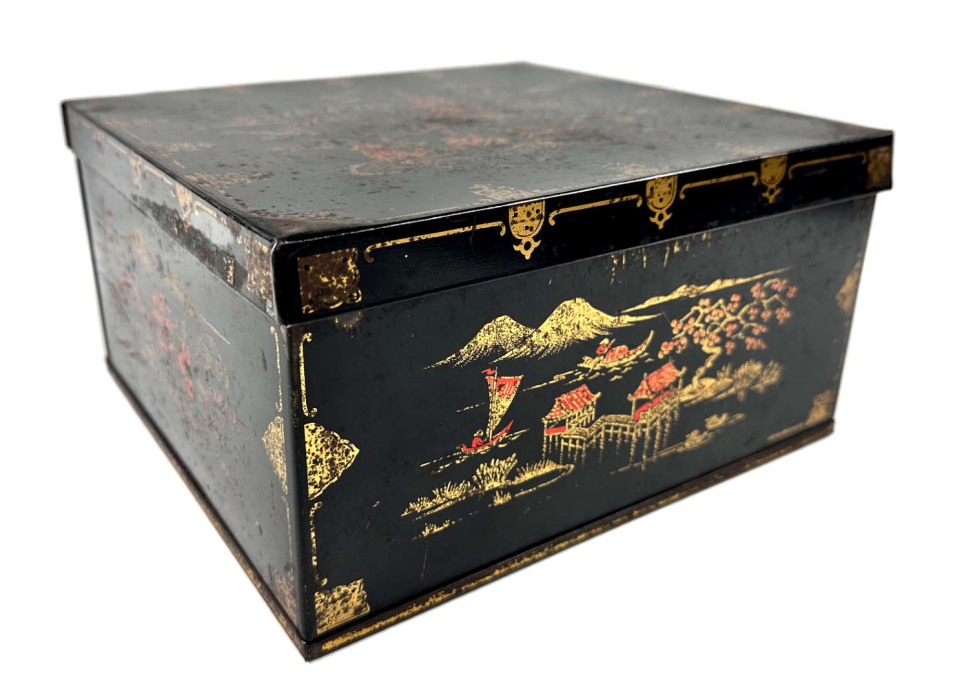
We have also catalogued the papers of Frederick Povey of Newbury (1847-1923) and his family (D/EX2471). Frederick was a solicitor's clerk who was one of the founders of the Newbury Men's Conservative Club and clerk to the trustees of Newbury Church Estates Charity. One interesting item is the cycling journal of S G Povey, for a cycling tour from Newbury to Torquay via Bournemouth with two friends in 1905. The records were originally stored in a Huntley, Boorne & Stevens 'Oriental Casket' decorative tin box showing a traditional East Asian scene with people taking tea in front of a pagoda, which we have retained as part of the collection.
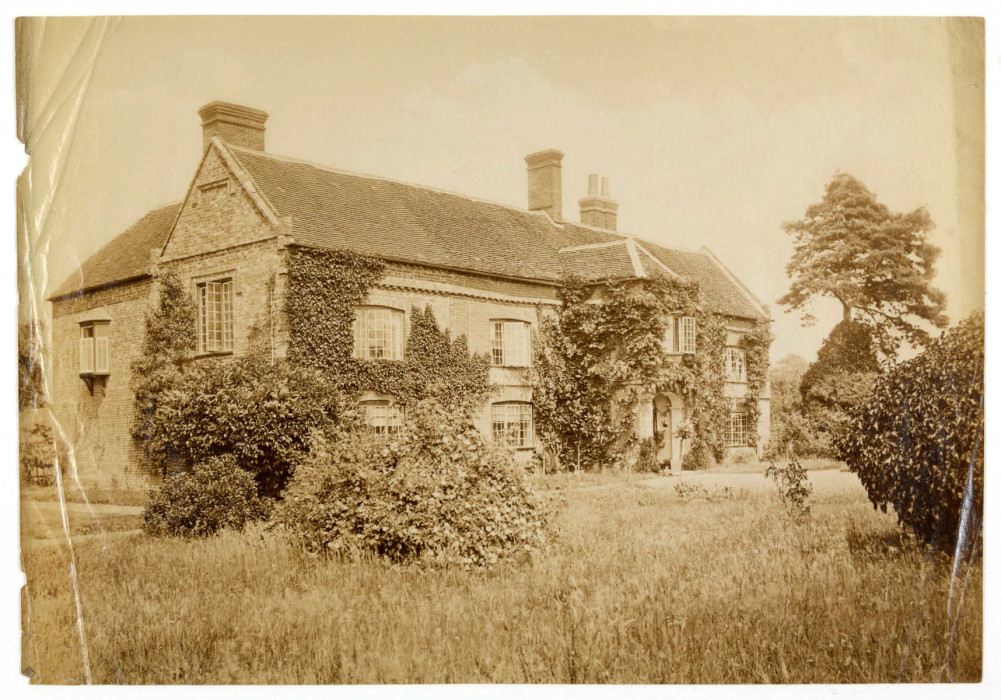
Deeds and papers of the Banister family of Finchampstead, 1499-1895 (D/EX687) include medieval deeds, licences to fell timber in Windsor Forest, and a rare late 19th century albumen print photograph of a house called Banisters, believed to be the ancestral home of the family. We have also received papers relating to the Cottrell or Cotterell family of Reading, 1790-1815 (D/EX2935).
You can find out more about these records by searching our online catalogue. Simply enter the collection references given above in the Catalogue Reference field.
